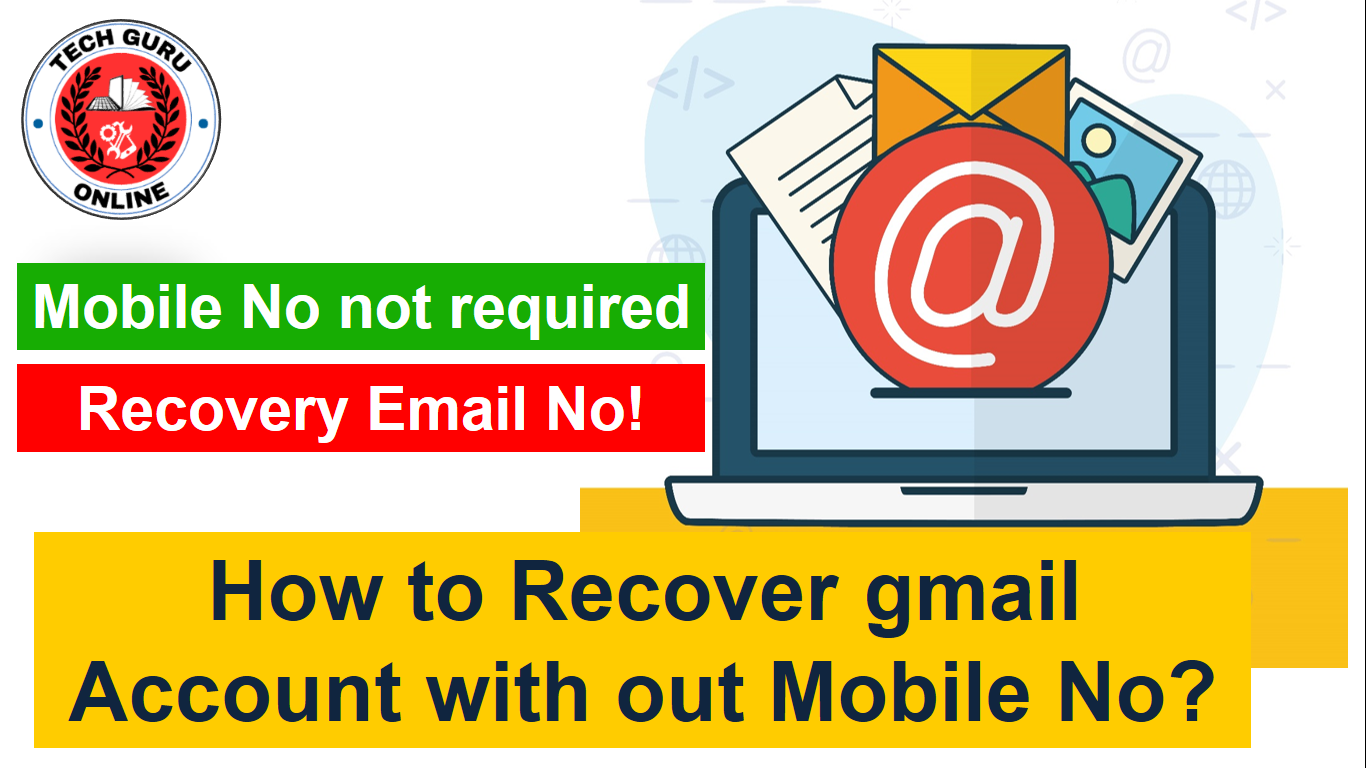When it comes to online data recovery, there are a few services that claim to help recover lost or deleted data. However, it’s important to approach these services with caution, as not all of them may be trustworthy or effective. Here are a few things to consider:
- Cloud Backup Services:
- If you’ve been using cloud backup services like Google Drive, Dropbox, or OneDrive, check if your data is backed up there. These services often provide a way to recover deleted files.
- Professional Data Recovery Services:
- There are professional data recovery services that specialize in recovering data from damaged or malfunctioning storage devices. These services often require you to send your storage device to them, and they can be expensive.
- Online Data Recovery Software:
- Some online data recovery software claims to recover lost files. However, be cautious when using such services, as they might not be reliable, and there’s a risk of privacy and security issues.
- Local Data Recovery Software:
- Instead of online services, you can consider using reputable local data recovery software. Examples include EaseUS Data Recovery Wizard, Disk Drill, or PhotoRec. These tools are often available for download, and you can run them on your computer to recover lost files.
- Google Account:
- For certain types of data, like emails and contacts, you can check if the information is still available in your online accounts, such as Gmail for emails or Google Contacts for contacts.
Remember that the effectiveness of data recovery depends on various factors, including the type of data, the reason for data loss, and the actions taken after the data was lost. Always be cautious about providing sensitive information to online services, and thoroughly research and read reviews before using any data recovery service or software. Additionally, regular backups are the best way to prevent data loss in the first place.


